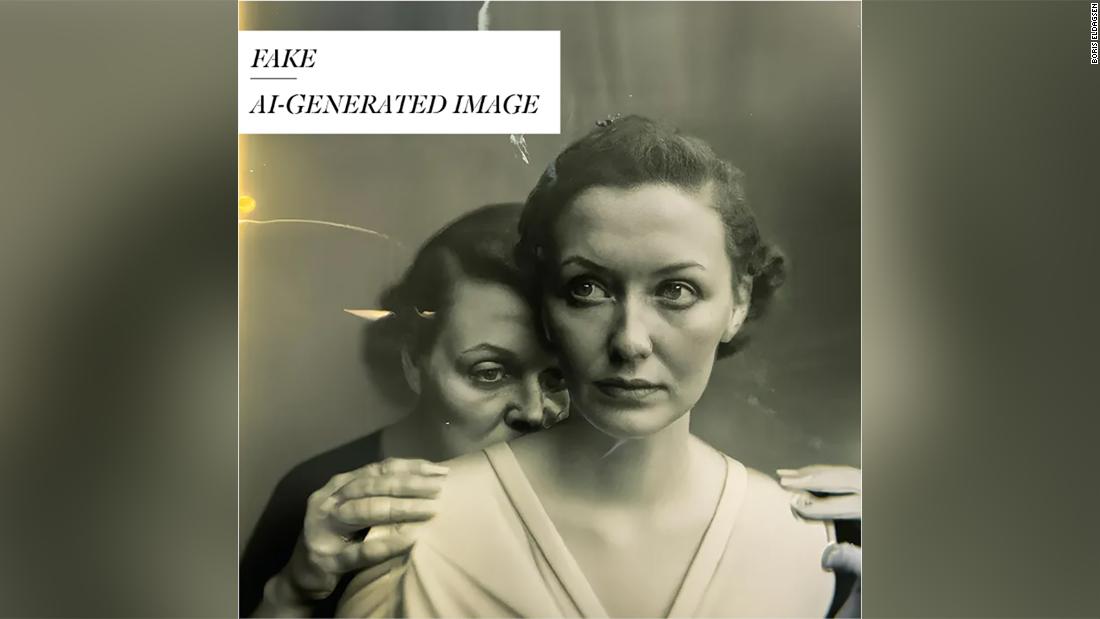THERE are many myths and misconceptions about what is and isn’t legal to do on a bike.
From whether bikes are allowed on pavements to whether it’s against the law for cyclists to use their phones, here is everything you need to know.
Getty Here are the UK laws on cycling on the pavement[/caption]
Is it legal to cycle on the pavement in the UK?
Having road laws is critically important for car users.
But there are also rules in place for cyclists and where bikes can and can’t be used.
It’s fair to say the rules over cycling on the pavement are pretty unequivocal.
According to the Highway Code, Rule 64: You MUST NOT cycle on a pavement.
However, it does provide further guidance for how to behave when cycle tracks are alongside footpaths and pavements in Rule 62.
If the pavement is shared with pedestrians, cyclists should “take care when passing pedestrians, especially children, older or disabled people, and allow them plenty of room”.
Bike users should be prepared to stop or slow down if necessary, and keep on the side intended for them to protect pedestrians.
Read More on News
Do I have to wear a helmet when I cycle?
There’s no legal requirement for cyclists of any age to wear a helmet in the UK.
However, there are consequences for not wearing a helmet as it can be extremely dangerous.
The Highway Code suggests all cyclists wear a safe and well-fitting helmet.
Can I ride a bike without a brake in the UK?
Other than lights, brakes are the only pieces of equipment cyclists need to be legally allowed to ride on roads.
The Pedal Cycles (Constructions and Use) Regulations 1983 make clear that every pedal bike needs two braking systems – so bikes without front brakes aren’t suitable for UK roads.
Olympic-style fixed-wheel bikes, designed for velodrome racing, are not fitted with front brakes.
These can be slowed down and stopped with their pedal-operated back brake, but are illegal to ride on roads unless fitted with a front brake as well.
Can I use my mobile phone while cycling?
While it is illegal to drive a motor vehicle while using your phone, bicycles aren’t motor vehicles, so they’re exempt from this law.
However, texting and cycling are obviously still dangerous, and doing so could see you stopped for a “Not Paying Due Care and Attention” offence.
Former Transport Minister Baroness Vere of Norbiton pointed out that while there was not a law specifically telling cyclists not to use their phone while riding, other laws were in place to prevent the practice.
She said: “It is not a specific offence to cycle and use a mobile phone or headphones, but cyclists and e-bike riders can be prosecuted by the police for careless and dangerous cycling with maximum fines of £1,000 and £2,500 respectively.”
Can I drink and cycle?
It’s illegal to ride a bike when you’re unfit to do so due to the use of drink or drugs.
Doing so is an offence as laid out in the Road Traffic Act 1988 and includes ridings on roads or other public places including pavements and paths.
What are the other cycling laws I should know about?
Many people assume they are legally required to have a bell if they’re cycling on the roads – but there is actually no such requirement.
Cyclists should also know that the Highway Code says you shouldn’t cycle across a zebra crossing and should dismount and wheel their bikes across pedestrian crossings.
There’s no legal minimum age for children to cycle on the road – although parents may be held responsible for their safety.
Although cyclists can’t be done for speeding, “cycling furiously” is a fineable offence under the 1847 Town Police Clauses Act.
The crime of “Wanton and Furious Driving” also applies to cyclists, who could land up to two years in prison for causing bodily harm as a result of this offence.
Published: [#item_custom_pubDate]















































































































